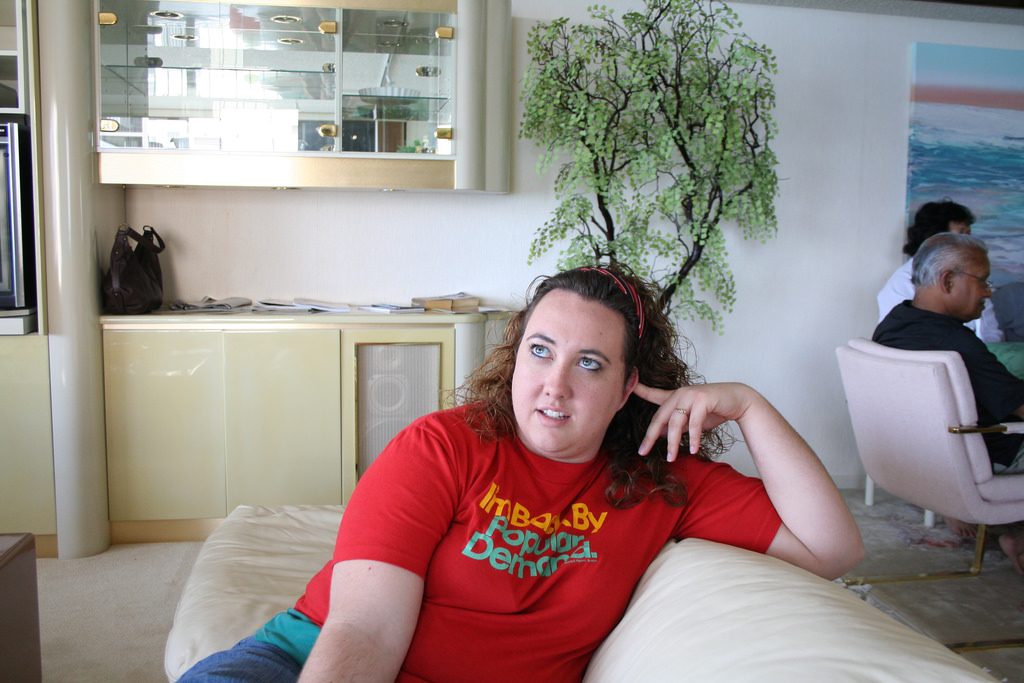As part of our continuing series of interviews with agents and managers, Creative Screenwriting Magazine spoke with Jonathan Hersh from Housefire Management about how screenwriters should be working with their representatives.
How does a screenwriter become someone you want to work with?

Photo by Drop the Label Movement
How do you decide which screenwriters to read/ sign?
What should writers be doing outside meetings with you?

What is the current state of the industry and how can screenwriters best position themselves to be part of it?
What are some of the biggest misconceptions aspiring screenwriters have about having a viable screenwriting career?
Where do you find new screenwriting clients?
How can a screenwriter stay vibrant and relevant in the marketplace?
Any closing thoughts for our readers?

